Taking advantage of the 50th anniversary of the Fundació Bayt al-Thaqafa, we speak with the head of the organization’s legal department.
We talk to Sara Bajiji, a lawyer and head of the legal department at the Fundació Bayt al-Thaqafa, to understand how the organization has evolved over its fifty-year history and the main challenges of reception and integration in Catalonia.
Bajiji highlights the administration’s responsibility in matters of reception and denounces the human rights violations faced by migrants, who are caught in a bureaucratic nightmare due to immigration laws that hinder the regularization of their status.
The Fundació Bayt al-Thaqafa celebrates its 50th anniversary. How has it evolved over time?
Fifty years may seem like a short time, but so much has happened at Bayt along the way. The foundation has grown exponentially. It started as a very small organization, and today we have multiple locations and assist people from many nationalities and countries of origin. The services we offer have also expanded significantly—from just four services at the beginning, we now have many projects underway. While this growth is positive for us as an organization, from another perspective, it’s a worrying sign because the needs of the people we serve have not only remained but, in some cases, have worsened. And that is very concerning.
What remains of Teresa Losada's legacy?
Our founder passed away more than ten years ago, but her presence is still very much felt in the foundation, especially in her way of working, accompanying, and being with people. I believe we have internalized her values well and continue to move forward with her approach.
You are responsible for the foundation's legal department.
This area has grown tremendously. At Bayt, it started with a single lawyer, and now we have a team of six professionals. We have an international protection project that handles asylum applications, accompanying people from the start of the process until it is resolved, offering necessary resources along the way.
We also have an immigration project, which was Bayt's original focus and remains a significant area of work. One of our most common tasks is assisting with regularizations, as many people are still being detained for lacking legal administrative status.
Additionally, we run a smaller project focused on advising on non-discrimination and equal treatment, with a particular emphasis on hate crimes.
What are the main human rights violations that migrants face when they arrive in Catalonia?
One of the first administrative hurdles is registration, which has become a significant issue. Registering one’s residence should be a straightforward administrative task, but many municipalities complicate the process. For those without a fixed address, the difficulties multiply, despite the existence of registration options for those without a permanent home. Failing to register can have a cascading effect, making it harder to access other essential services.
How does this affect labor rights?
People in irregular administrative situations lack both residence permits and work authorizations, which undermines their labor rights. Many are forced to work in the informal economy, without labor protections or benefits.
The changes to the labor integration process have made things worse.
We encounter cases where people who have been working for a long time can no longer regularize their situation due to changes in the regulations. Previously, labor integration allowed people without legal status to regularize if they had worked informally. Now, work must be documented under legal status, leaving many without rights, protections, or the ability to claim fair wages.
"The reception work we do in the third sector should be carried out by the administration".
The new regulation is about to come into effect.
I’ve skimmed through the draft, and while there are improvements, the existing law is so restrictive that any change feels significant, even though it remains inadequate. Some requirements are relaxed, and a new pathway for regularization has been introduced, but it continues to violate rights.
We are at a point where hate speech is gaining more and more traction.
This is a very complex issue that is currently at the forefront. Just look at how the far right has exploited the Dana storm to fuel hatred and Islamophobia. These sectors promote hate speech against the entire migrant population, but especially and specifically against the Arab-Muslim community.
What can be done to confront these narratives?
I feel that we used to spend all our time trying to debunk misinformation, lies, and fake news. At Bayt’s legal department, we even wrote to the media to refute claims or warn that certain terms were discriminatory. But this is an exhausting task that also plays into their hands, aligning with the narrative they want to push. In the end, we find ourselves stuck in their discourse, which means they’ve already won.
How should we act?
I don’t have a magic solution, but I believe we need to create our own narrative and share our own information. There’s a significant part of the population that is well-informed. The others may not be as numerous, but they can cause harm because they make a lot of noise and have powerful platforms. Therefore, we need to self-organize, as many of us reject these ideas. Strengthening our narrative until our information prevails is crucial. If we merely respond to Islamophobic, xenophobic, and racist attacks, we will end up amplifying those hate-filled messages.
You mentioned earlier that the Dana storm has fueled hate speech…
Yes, and beyond that, we’re seeing many headlines about, for example, the Chinese, Muslim, or Senegalese communities helping to rebuild affected towns, or a mosque collecting supplies for those impacted. At first glance, these stories may not seem racist, but they are, because the Chinese, Senegalese, and Muslim populations in Valencia are Valencian citizens. If they are helping, cleaning, and rebuilding, it’s because they too have been affected by the disaster—they are part of society. We need to be cautious with this kind of messaging, as it’s often done without malice but still requires correction.
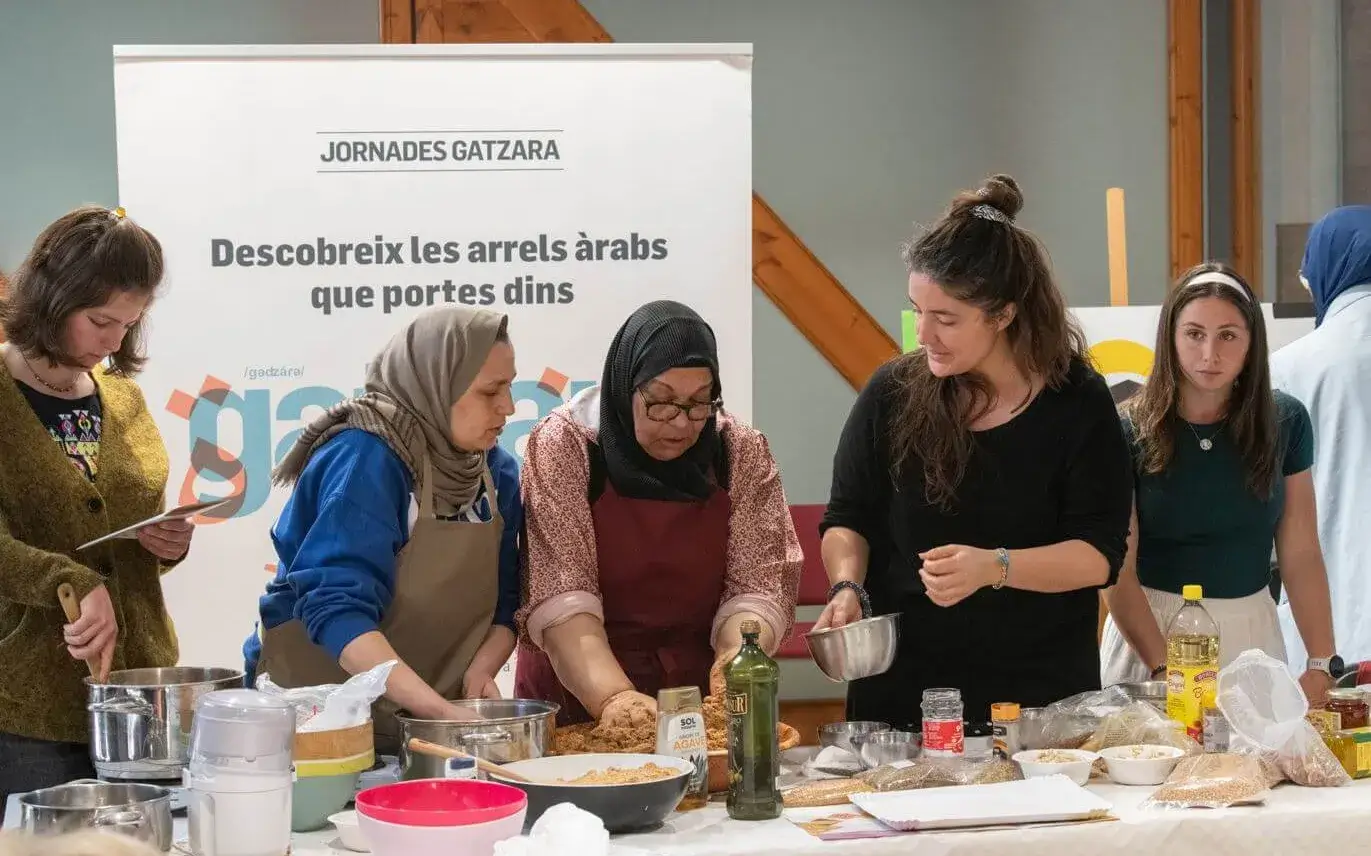
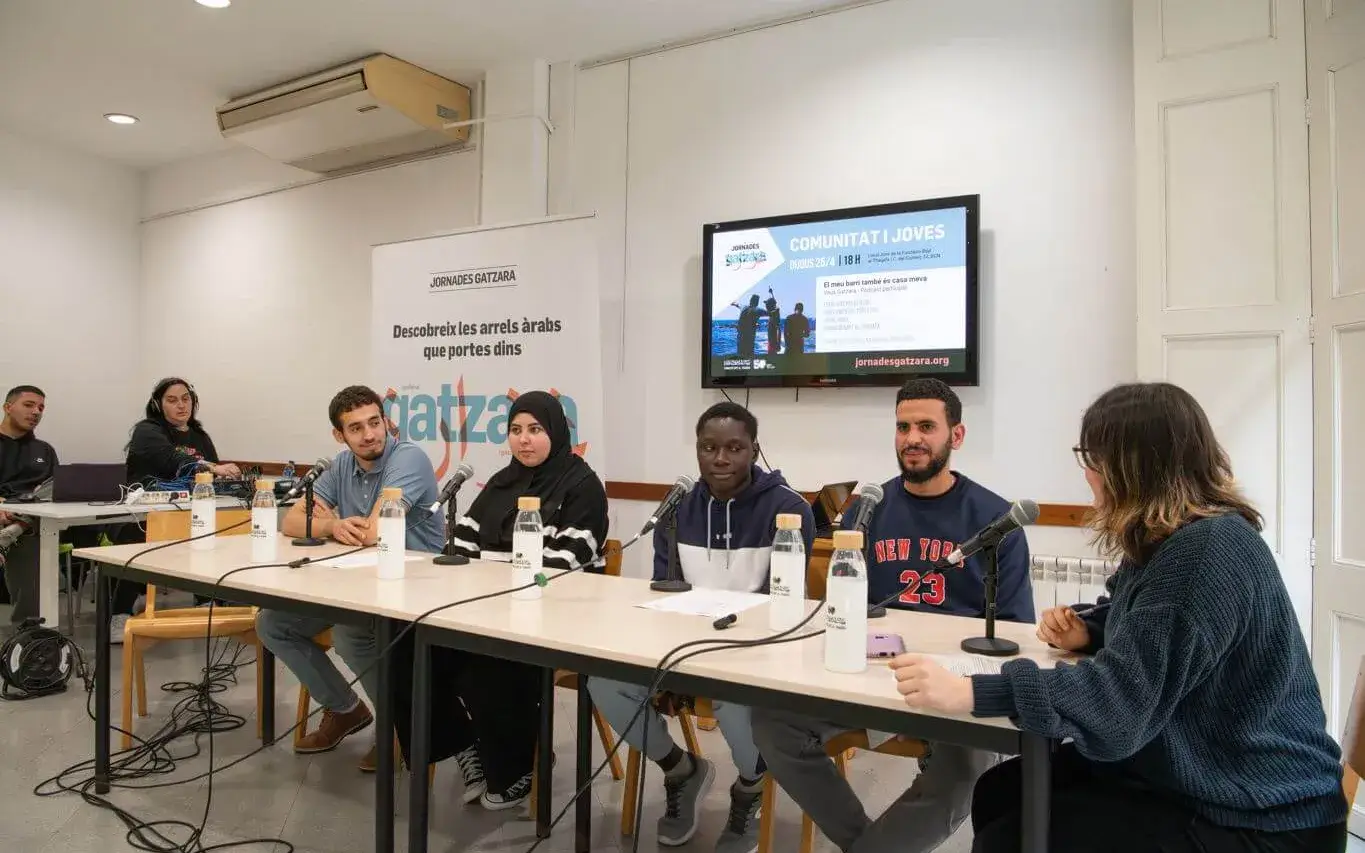


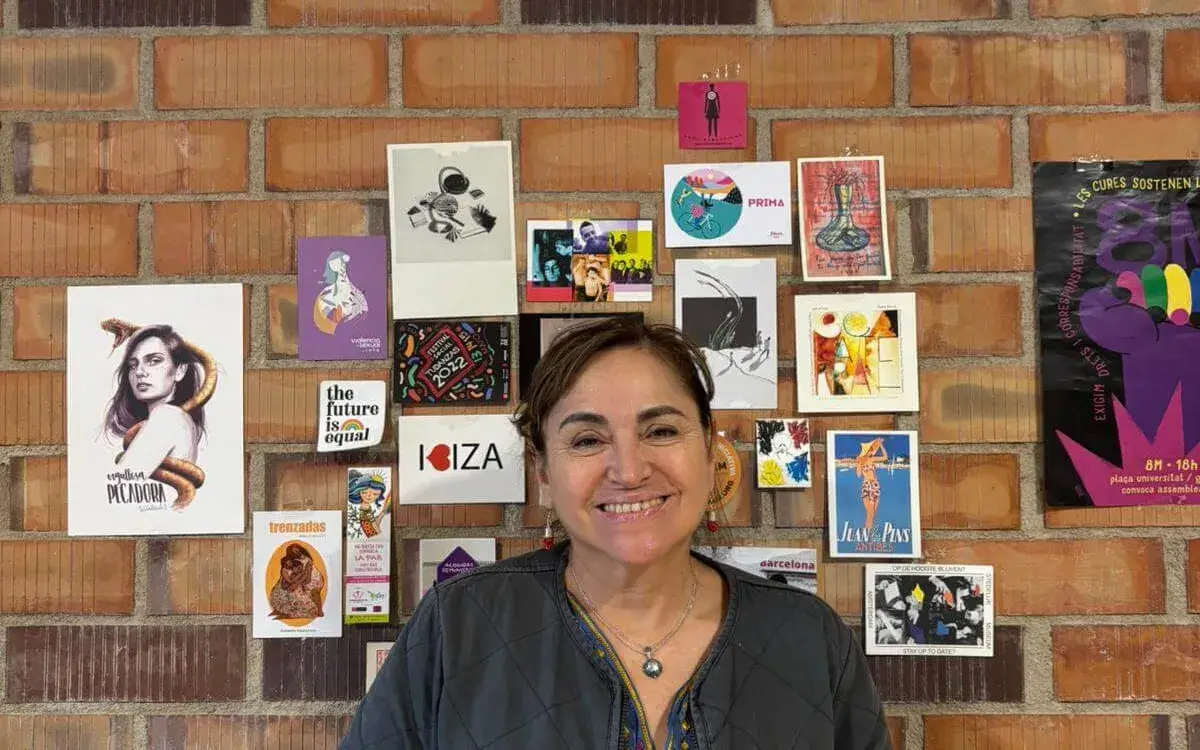
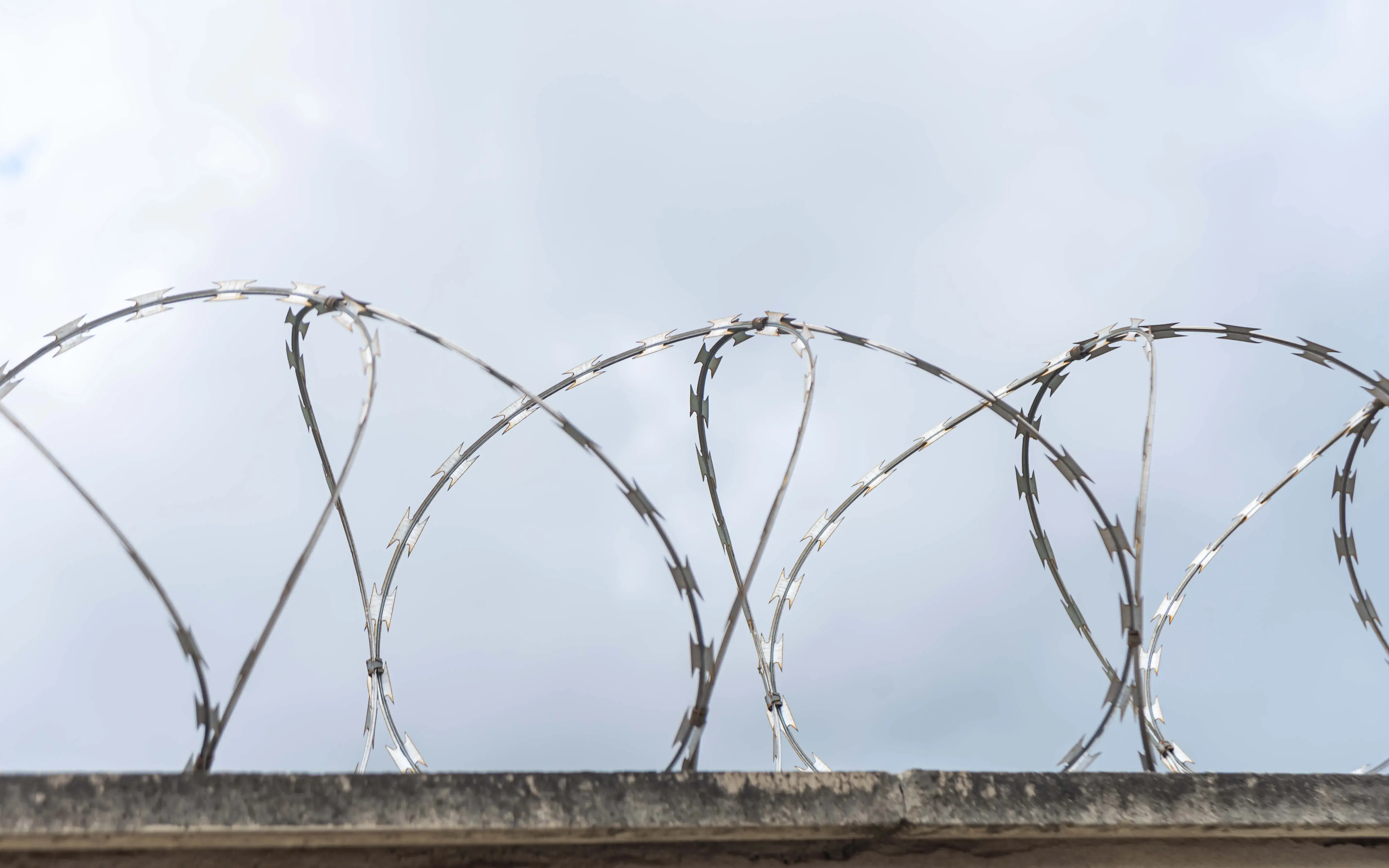
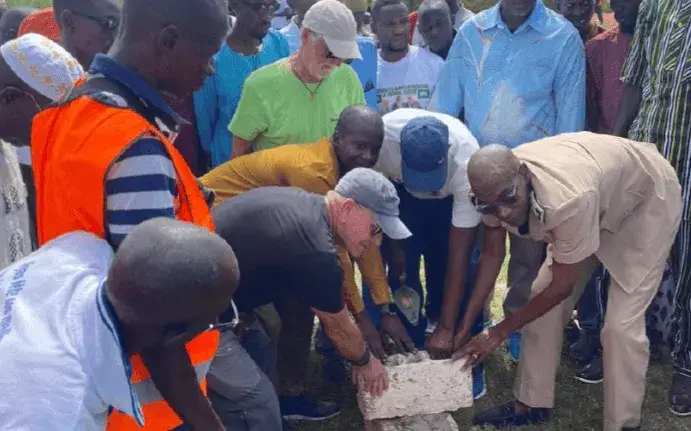

Add new comment